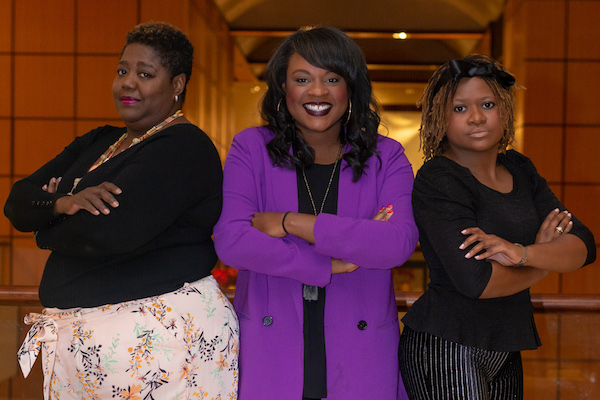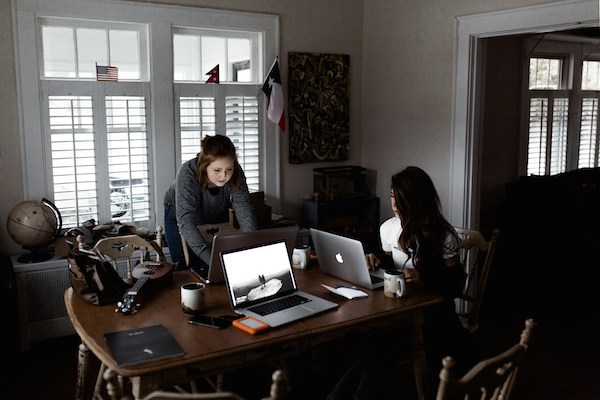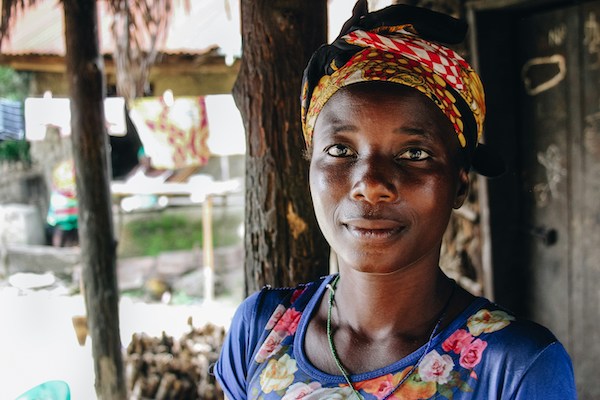
Photos: BARE’s 10 Year Anniversary
January 22, 2019
4 Tips for Creating Financial Wellness in 2019
January 24, 2019January is here to usher in a new year and fresh beginnings. As many make resolutions regarding their health, it’s important not to ignore the intersections of general and political wellbeing. Considering the success of women and people of color in last November’s midterms, 2019 creates an opportunity for all of us to push for even more progress.
Historically the voices of Black women have been ignored and erased, but women on the political front lines are ensuring that this cycle doesn’t continue. These women recognize the importance of cultivating Black women in leadership and understand that voices of queer Black women exhibit the strength, determination, courage, and resiliency necessary to lead communities. As we cheers to another new year and good health all around…an influx of queer Black women might be just what the doctor ordered.
PARK CANNON
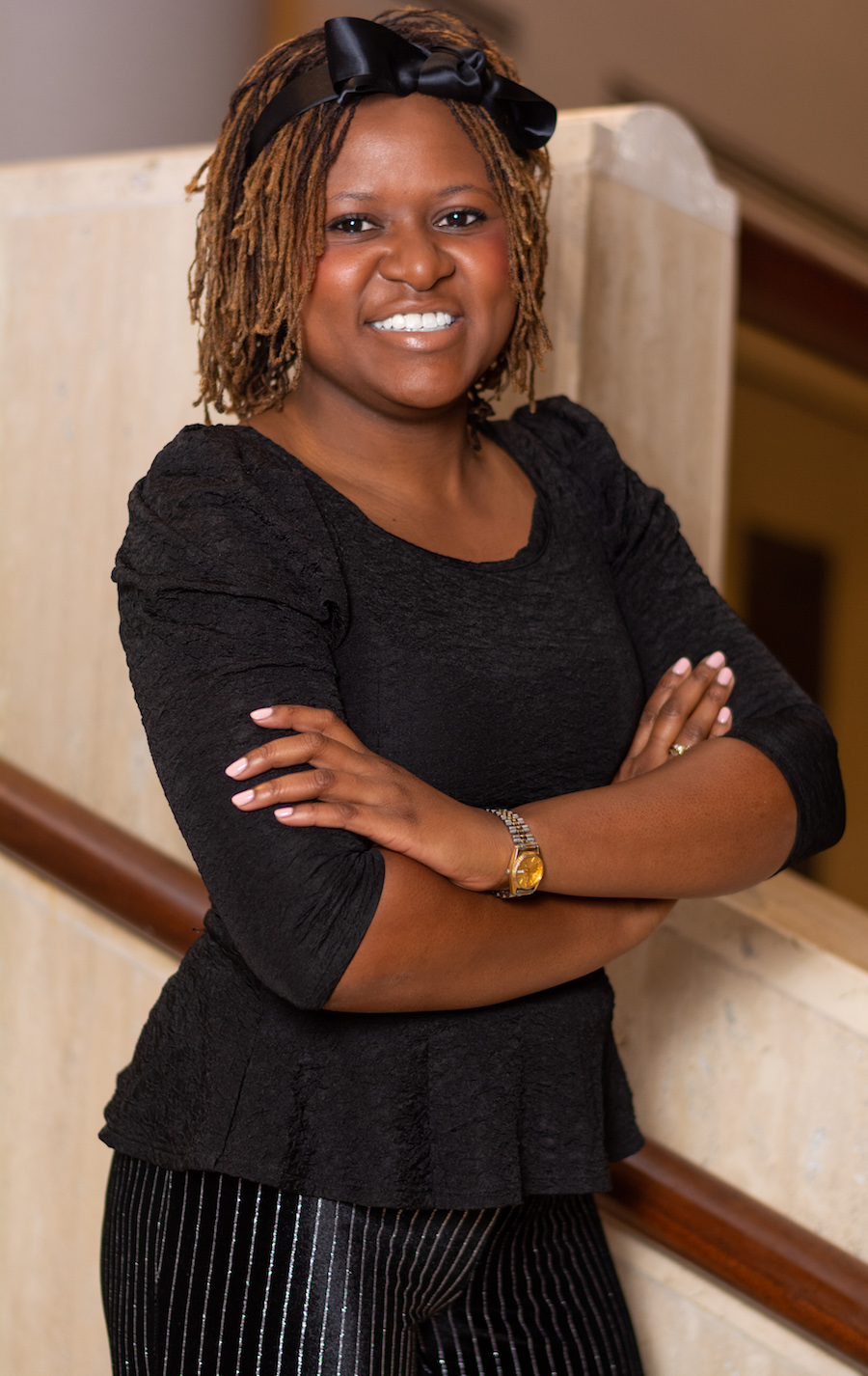
(Photo by Robin Fleming)
Three years ago, Park Cannon had celebrated Christmas with her family, and made an announcement: she was going to run for State Representative. Cannon’s family had expected her to go to law school after finishing her undergraduate degree, but she had recognized a unique opportunity worth taking. Simone Bell, the first openly gay African-American woman to serve in a U.S. state legislature, was leaving the legislative branch of Georgia to work against gender-related employment discrimination in the courts—which meant her seat in District 58 would be free.
Cannon describes herself as “A 23-year-old African-American queer young woman with locked hair who had recently been homeless, was not necessarily an avid voter, and who had dealt with race-based hate crimes in the past.” She brought her entire intersectional self to the political arena, with friends, family, and a shoestring budget to help her along.
She ran her campaign strategically: in the gayborhoods, she led with her identity as a queer African-American woman. But outside those areas, she first introduced herself as the daughter of a single mother who suffered domestic violence, second as a third-generation member of Martin Luther King Jr.’s church—and then thirdly, as a member of the LGBTQ community. The strategy paid off, and Park Cannon became a State Representative for Georgia in 2016.
Now that she’s in office, Cannon is moving full speed ahead. She is working to improve healthcare, housing, and education in her district. One of her many projects deals with the rising HIV/AIDS epidemic by “addressing the stigma that many African-American and people of color communities still advance with their words.”
Cannon wants future generations of queer Black people to be visible in government. “We have not only checked our experiences into ballot boxes across the country,” she says, “but we’re also putting ourselves on those ballots today.” She describes how a rainbow wave of Black and queer people coming into the three branches of government would make our healthcare as important as those in white and straight communities.
“Thinking about that rainbow wave brings me joy,” she says. She plans to go to law school in the fall of 2019 to advance her activism.
LESLIE HEROD
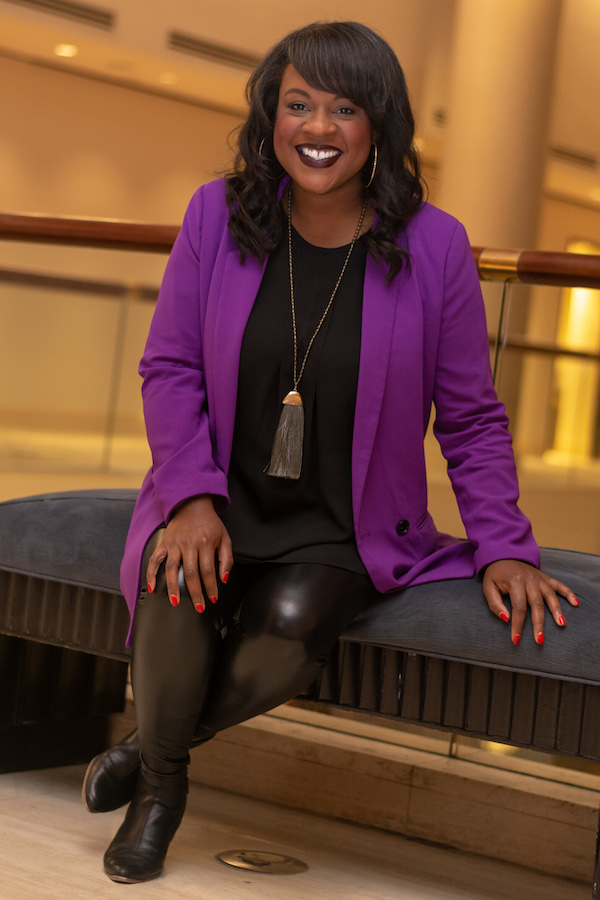 Winning her seat as the first gay African-American in the Colorado House of Representatives in 2016 by the highest vote count in state history for a contested race, Representative Leslie Herod is the definition of badass. Herod decided to run for State Representative to address the lack of diversity in the state capitol at the time. While the majority of the district is white, District 8 remains one of the most diverse districts in Colorado. Herod explains, “The community didn’t feel like there was adequate representation. Because of the work that I’ve already done in the community and my political background, folks wanted me to run. I realized there was a lot we could do if we had the right voice in the capitol.”
Winning her seat as the first gay African-American in the Colorado House of Representatives in 2016 by the highest vote count in state history for a contested race, Representative Leslie Herod is the definition of badass. Herod decided to run for State Representative to address the lack of diversity in the state capitol at the time. While the majority of the district is white, District 8 remains one of the most diverse districts in Colorado. Herod explains, “The community didn’t feel like there was adequate representation. Because of the work that I’ve already done in the community and my political background, folks wanted me to run. I realized there was a lot we could do if we had the right voice in the capitol.”
For District 8, Herod has been that voice. Running her campaign from a local gay bar, Blush & Blu, Herod isn’t just a voice for the people, she’s a voice of them as well. She takes the groundswell of support from her community as a charge to remain authentic. She explains, “I speak clearly on how things will impact not just the Colorado population at large, but specifically the African-American and LGBT communities where appropriate.” As she’s recently been appointed by the Speaker of the House to the roles of Chair of the Financial Committee and Vice Chair of the Judiciary Committee, Herod is in a position that encourages her colleagues to consider the intersectionality of LGBTQ issues, black issues, and their issues when seeking their bill be heard.
Herod calls attention to newfound possibilities in politics by expanding the infamous quote, “If we are not at the table, we’re on the menu or we’re not even thought of.” As more people of color, women, queer, and trans individuals win elections and break the cisgender, heteronormative, white, male status quo politics has coasted on for centuries, they empower others to take that leap. “We have to see people in office [like us] to know it’s possible,” she explains. “Black women and queer black women are now more likely to win than their white male counterparts,” Herod proclaims. “We can win.”
LAWANA MAYFIELD
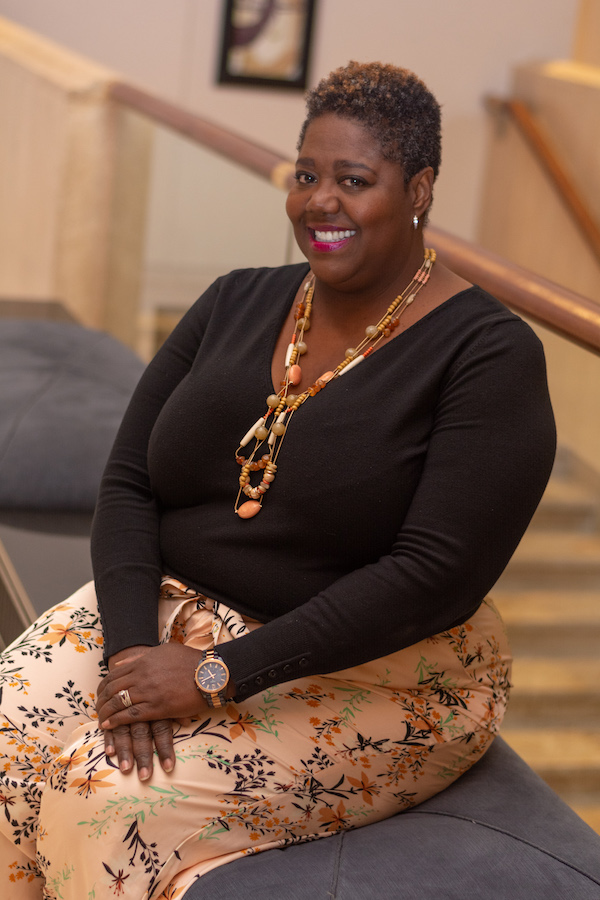 “I had never thought about running for political office, because I’d been protesting against politicians and their decisions for over 20 years,” says LaWana Mayfield, City Council Member of District 3 in Charlotte, NC. “But you have to watch out for your friends.”
“I had never thought about running for political office, because I’d been protesting against politicians and their decisions for over 20 years,” says LaWana Mayfield, City Council Member of District 3 in Charlotte, NC. “But you have to watch out for your friends.”
The Three S’s to Mayfield’s platform in 2011 were, “Stable Property Values, Smart Economic Development, and Strong Community Safety.” Mayfield has stuck to these three pillars throughout her career as both an activist and a City Council Member. When she discovered that city employees were eligible for government benefits due to their low salaries, she worked to raise their minimum wage. To her, economic equality is the key to social equality.
Mayfield strives to be a champion of intersectionality, though she probably wouldn’t put it in those words herself. She did not run for the sole benefit of any one community, but rather for many of them. Her main focuses are on Charlotte’s populations of young, elderly, immigrant, homeless, and/or LGBTQ communities. When people have a chance for upward mobility, she says, that is when we will start to see true equality.
When talking about queer women of color in politics, Mayfield is adamant we will bring more on soon. Why? “We change the conversation,” she says. “When we’re in office, we bring more issues along with us, such as the low income wage rate, finding affordable housing, and access to educational opportunities.” African-American women are the steadfast stewards of the community. “We clearly should be standing side-by-side fighting. The more time we’re able to be front and center, the more of a blessing it’s going to be.” Her hope is to see more queer Black women enter politics as we move forward into future election seasons.
Mayfield is aware, too, that her position is a statement—that riding in the annual parade with her wife beside her is both a challenge and an invitation. “It’s a way of showing people that they can be their authentic selves,” she says. She hopes her example can show that it is both possible to be true to oneself, and to bring everything we are forward in service to the community.
She wants to see everyone working together. As she put it, “It’s everyone, or we keep fighting.”


